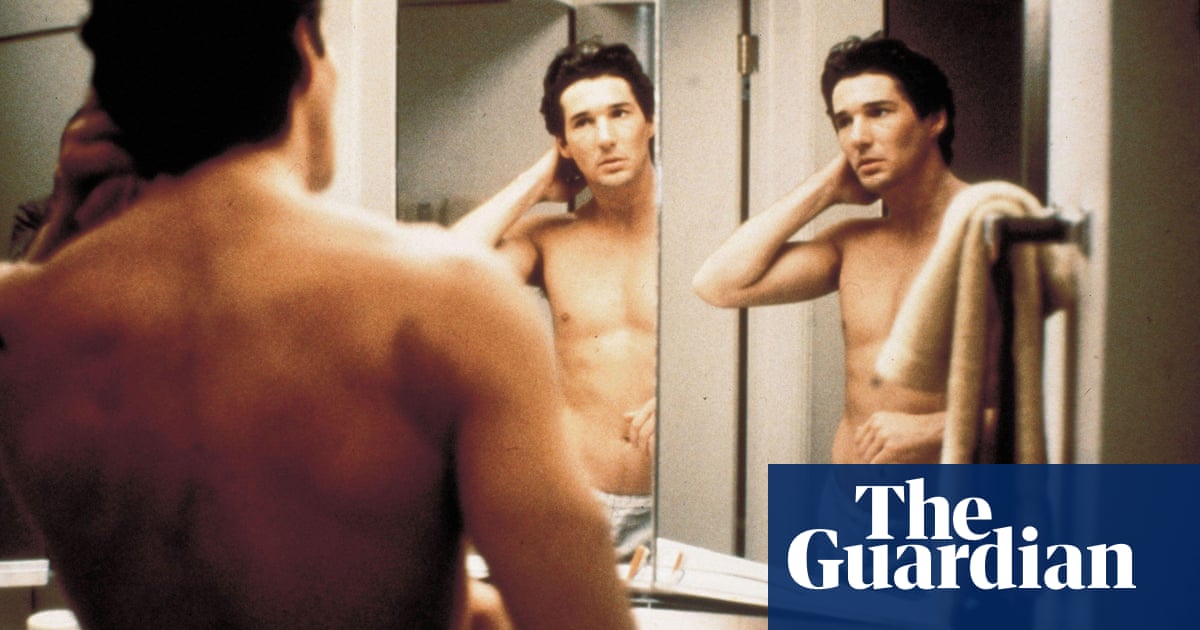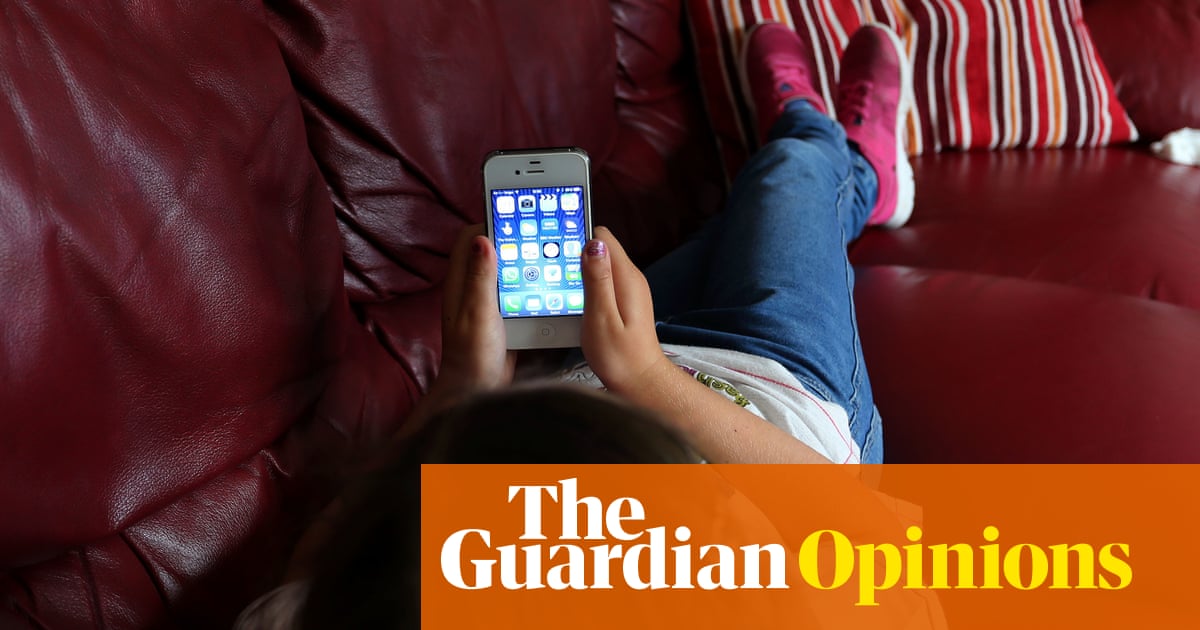
If you were around to absorb 2000s pop culture, you will remember that smoking was considered cool, for a while. Kate Moss smoked. Alexa Chung smoked. The Olsen twins, famously, smoked. Smoking was something you did in big sunglasses while having a bitching session on the street or outside a club. The ultimate accessory, in any scenario, was a ciggie dangling from your mouth as you went about your business. Sex and the City’s Carrie Bradshaw was the queen of this (smashing out her newspaper column on Marlboro Lights.) As were Bridget Jones, Rachel from Friends and pretty much anyone on a reality show, even up to 2018.
Then, like side fringes, Smirnoff Ice and tights under denim shorts, smoking was suddenly passé – distasteful, even gross. Which makes sense, obviously: We know that smokers are 15 to 30 times more likely to get lung cancer than people who don’t smoke, and even smoking a little bit increases the risk of lung cancer and death. So, for a generation raised on “wellness”, dewy-faced health influencers and sobriety coaches, smoking simply wasn’t the vibe any more (the vaping conversation is for another day). For a while, you would very rarely see cigs on screen unless it was specific to the era (for example, Mad Men).
Until recently, that is. In The Idol, the controversial new show from Euphoria creator Sam Levinson, cigarettes become a sort of co-star throughout. Within the first five minutes, Lily-Rose Depp’s character, Jocelyn, smokes three cigarettes – yes, three – dressed in a red satin gown. It’s almost cartoonish. “You are never going to meet a girl like Jocelyn,” says a bystander, smoke swirling to the ceiling. “She didn’t go to your high school, she doesn’t work at the bar or diner, she didn’t marry your best friend and if, on the off chance she did, she is still never, ever going to fuck you.” The implication is clear: Jocelyn is cool and sexy. She can also absolutely smash a packet of cigs. And those two things are not unrelated.
The ubiquitousness of smoking on The Idol might surprise those who thought smoking had become lame, especially among young people. But the return of cigarettes has been creeping up on us. The star of Netflix’s Wednesday, 20-year-old Jenna Ortega (another Gen Z actor) was recently papped holding an iPhone and chuffing on a straight cigarette (the fact that this was a pap photo is all the more throwback). Last year, we saw Natasha Lyonne, the coolest person on earth, sucking on a cigarette throughout Netflix’s Russian Doll as if her life depended on it (as she did in the first series in 2019). And then we found out on And Just Like That (season two of the Sex and the City reboot arrives this month) that Carrie Bradshaw never did give up her one true love: smoking.
Of the streaming services, Netflix appears to be the most frequent offender. Despite pledges to cut down tobacco use on screen after criticism of how often it depicted cigarette use (Stranger Things being the worst offender), smoking definitely hasn’t been stubbed out. Both The Queen’s Gambit and The Umbrella Academy, which were streamed by millions in 2020, included tobacco use on every single episode. Meanwhile, among 39 of this year’s Academy Award nominations, 28 films featured tobacco in some form on screen. Which is wild considering that teenagers exposed to smoking in movies are two to three times more likely to start smoking themselves. The dangers are widely documented – it’s just that creators seem to have stopped caring.
The return of smoking to the screen doesn’t exist in a vacuum. In 2020, cigarette sales rose for the first time in 20 years. Indeed, post-pandemic, decadence and fatalistic behaviour appeared to seep into the collective consciousness – and hasn’t gone away. As Imogen West-Knights wrote in a 2022 article for GQ: “When people are stressed out or unhappy they revert to easy, comforting behaviours … But it has outlasted the pandemic and now constitutes something more long-term and less forgivable than ‘treat brain’.” In essence, wellness is out and sleaze is of the moment, which is probably partly why we are seeing Lily-Rose Depp with a cigarette hanging, casually and constantly, between two loose fingers like a prop.
In the US, where The Idol was filmed and released, federal law prohibits tobacco advertising through television, and restricts magazine and billboard advertising. That said, the law doesn’t prohibit more insidious influencing, whereby smoking might appear desirable or chic. It’s also worth pointing out that the smoking ban doesn’t apply to actors on set. The ability to smoke in films and on TV is among a short list of exemptions under the 2006 Health Act that instituted the smoking ban. Essentially: encouraging smoking is bad, unless the art outweighs the impact.
It can’t be claimed that James Dean in a white T-shirt with a cig resting on his lips isn’t one of the most iconic images on earth. But it is interesting to observe that pop culture appears to be moving steadily backwards as far as smoking on screen is concerned, even though we are collectively more aware of how harmful the habit is – and how influential even the image of smoking can be.












